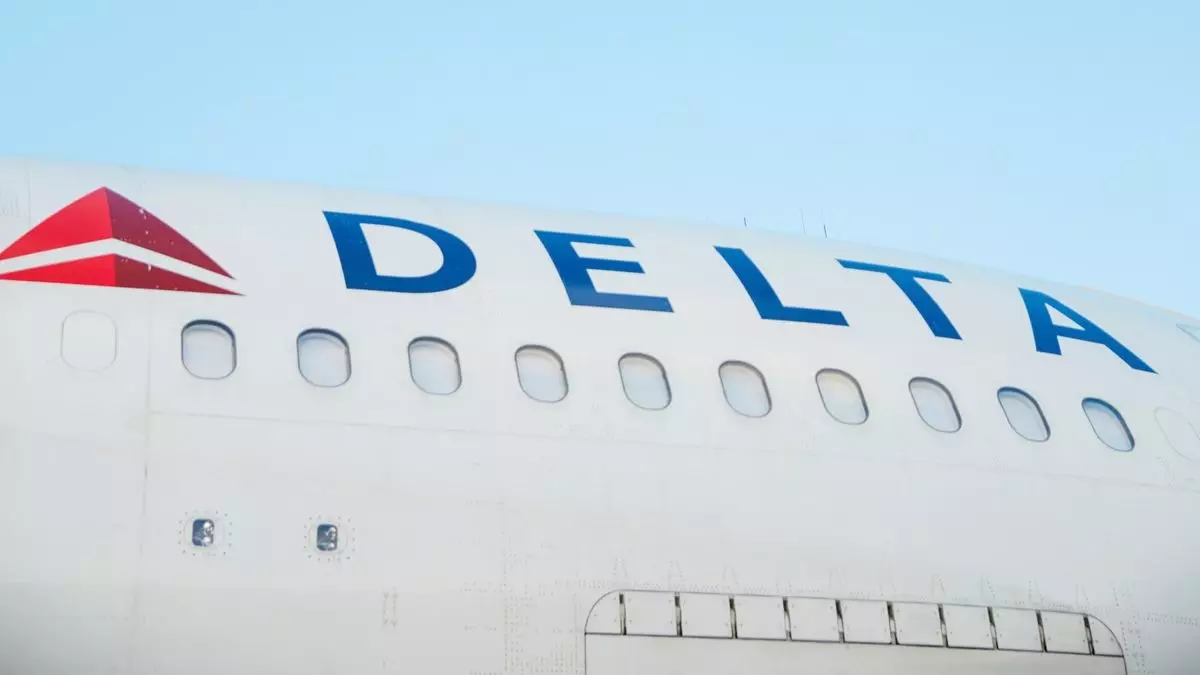Delta Airlines faced a major setback on July 24th when the CrowdStrike outage caused disruptions to its Microsoft Windows-based IT systems. As a result, the airline was forced to cancel 50 flights, representing about 1% of its schedule. With 14% of its mainline schedule experiencing delays, Delta’s reputation for reliability was put to the test. CEO Ed Bastian acknowledged the challenges faced by customers and assured them that a full recovery was expected by the following day.
During the period between July 19 and July 23, Delta and its regional subsidiary Endeavor had to cancel a staggering 6,271 flights, equivalent to 31.6% of their schedule. Additionally, there were delays for another 9,335 flights, reflecting the magnitude of the operational disruptions. These figures do not even include the flights operated by Delta’s regional partners SkyWest and Republic Airways, further complicating the overall situation.
In response to the slow recovery process, the Department of Transportation (DOT) launched an investigation into Delta’s handling of the situation. The focus was on whether the airline met its customer-service obligations during the crisis. Customers faced challenges such as misplaced baggage, long wait times on the phone, and issues with the digital rebooking tools. Delta has pledged to compensate affected customers with SkyMiles points or travel vouchers, in addition to covering expenses for accommodation, meals, and ground transportation incurred during the disruptions.
Delta attributed the slow recovery to the widespread reliance on Windows for its global IT systems. The last system to be restored was the crew scheduling system, highlighting the complexity of the recovery process. This dependence on a single operating system posed significant challenges for the airline, leading to prolonged disruptions and inconvenience for passengers.
The recent IT outage serves as a critical learning opportunity for Delta to reassess its technology infrastructure and resilience. By diversifying its IT systems and implementing robust backup strategies, the airline can mitigate the risk of future disruptions. Enhancing communication and customer support channels will also be crucial in maintaining trust and loyalty among passengers. As Delta works towards a full recovery, the focus should be on implementing proactive measures to prevent similar incidents in the future.


Leave a Reply